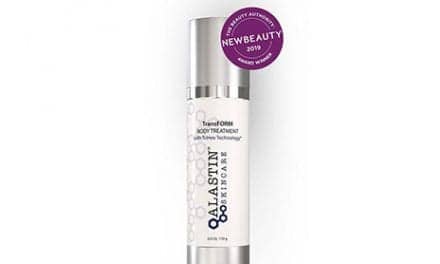Sunscreen does more than lower risk for skin cancer. It also significantly slows skin aging among middle-aged individuals when used regularly, a new study shows.
Researchers from the Queensland Institute of Medical Research at Royal Brisbane Hospital in Australia looked at data collected in a study on skin cancer prevention between 1992 and 1996 in Nambour, Australia. The findings appear in the June 4 issue of the Annals of Internal Medicine.
More than 900 mostly fair-skinned men and women who were under the age of 55 were randomly assigned to use sun protection factor (SPF) 15 sunscreen on a daily basis or to use it as they wished. Roughly half of the participants worked primarily outdoors, while about four in 10 were regular smokers.
The daily sunscreen group showed no detectable increase in skin aging after 4.5 years, according to microtopography measures. Skin aging from baseline to the end of the trial was 24% less in the daily sunscreen group than in the discretionary sunscreen group, the study showed.
The study also looked at how (or if) dietary antioxidants affect skin quality. Each group of participants was further divided into half, in which one subgroup was given 30 milligrams of beta-carotene to take on a daily basis, while the other was given a placebo. Beta-carotene did not affect skin aging, although contrasting associations were seen in subgroups with different severity of aging at baseline.



